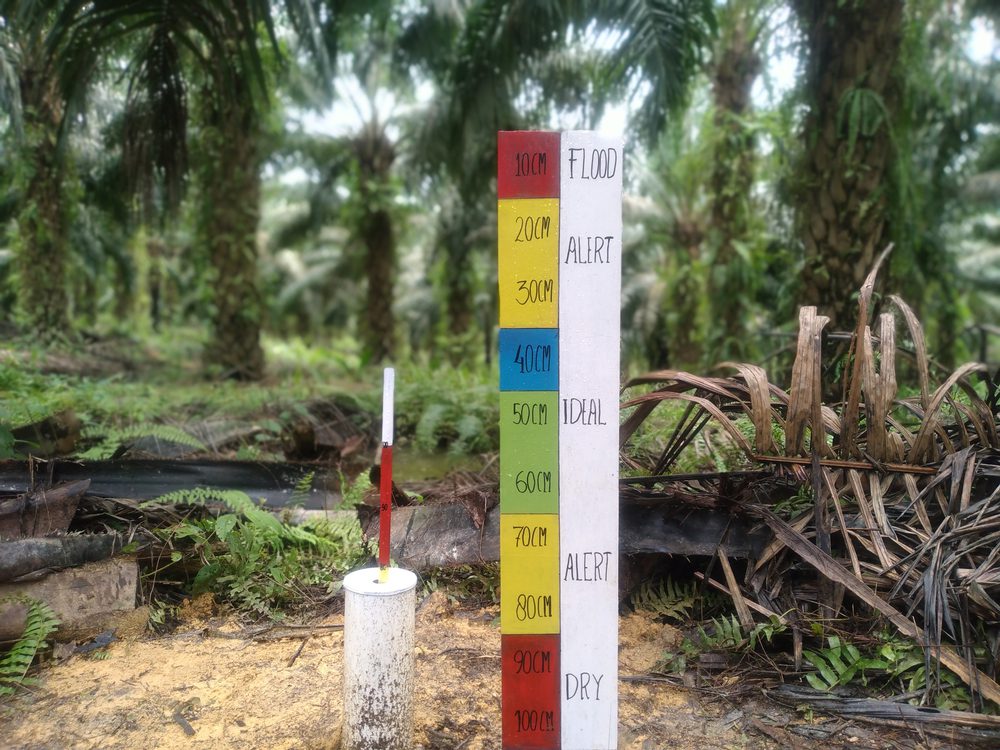
An essential monitoring tool for many geotechnical applications, the piezometer is an instrument that measures fluid pressure. Learn about different types of piezometers, how they’re used, and their advantages and disadvantages.
What Are Piezometers?
Highly useful in construction, piezometers are devices used to measure the pressure of water within porous soils or construction materials. They are practical components in the family of pressure monitoring systems.
Specifically, piezometers can measure pore water pressure underground in different types of soils, or in building foundations and structures made of concrete. They can also be used to measure the water pressure in aquifers and other groundwater sources.
Pressure measurements are converted to electric signals that can be read, providing a record of data readings over time.
What Are They Used For?
Piezometers are used extensively in construction. They are also used for groundwater, reservoir, and aquifer measurements. As you would expect, different types of piezometers are used for different applications.
These are some of the top uses of piezometers:
- Measuring and analyzing soil conditions at construction site locations
- Evaluating safety when fill materials are used for construction
- Studying drainage patterns and comparing the effectiveness of drainage designs
- Taking measurements of underground water sources and fluid containment systems
- Analyzing soil pressure, slope stability, and other characteristics
- Additional applications related to soils, construction materials, and water content
Comparing Different Types of Piezometers
Various types of piezometers have been designed and fine-tuned for different applications. They include:
Vibrating Wire Piezometer
This is the most common type, used in a wide range of applications.
Pneumatic Piezometer
Making use of gas pressure, this type is useful in excavation sites, embankments, slopes, and other locations.
Standpipe Piezometer
The most basic type, this device monitors soil shifts in groundwater reserves, damns, aquifers, and other fluid storage systems.
Titanium Piezometer
This type is especially useful in corrosive environments.
Piezometer Advantages
Main advantages include:
- A simple solution for a wide range of applications
- Reliability
- Useful for evaluating soil performance
Piezometer Disadvantages
Main disadvantages include:
- Not ideal for measuring vacuum pressure
- Not useful for measuring high levels of pressure in light liquids
- Can’t be used to measure gas pressure
To Learn More About Pressure Monitoring
At Mid-West® Instrument, we specialize in proprietary designs of instruments that take differential pressure readings. Ask us about our high-accuracy gauges.
We help a wide range of clients by providing solutions for backflow prevention, pressure monitoring, filter monitoring, and much more. Reach out to us today.

